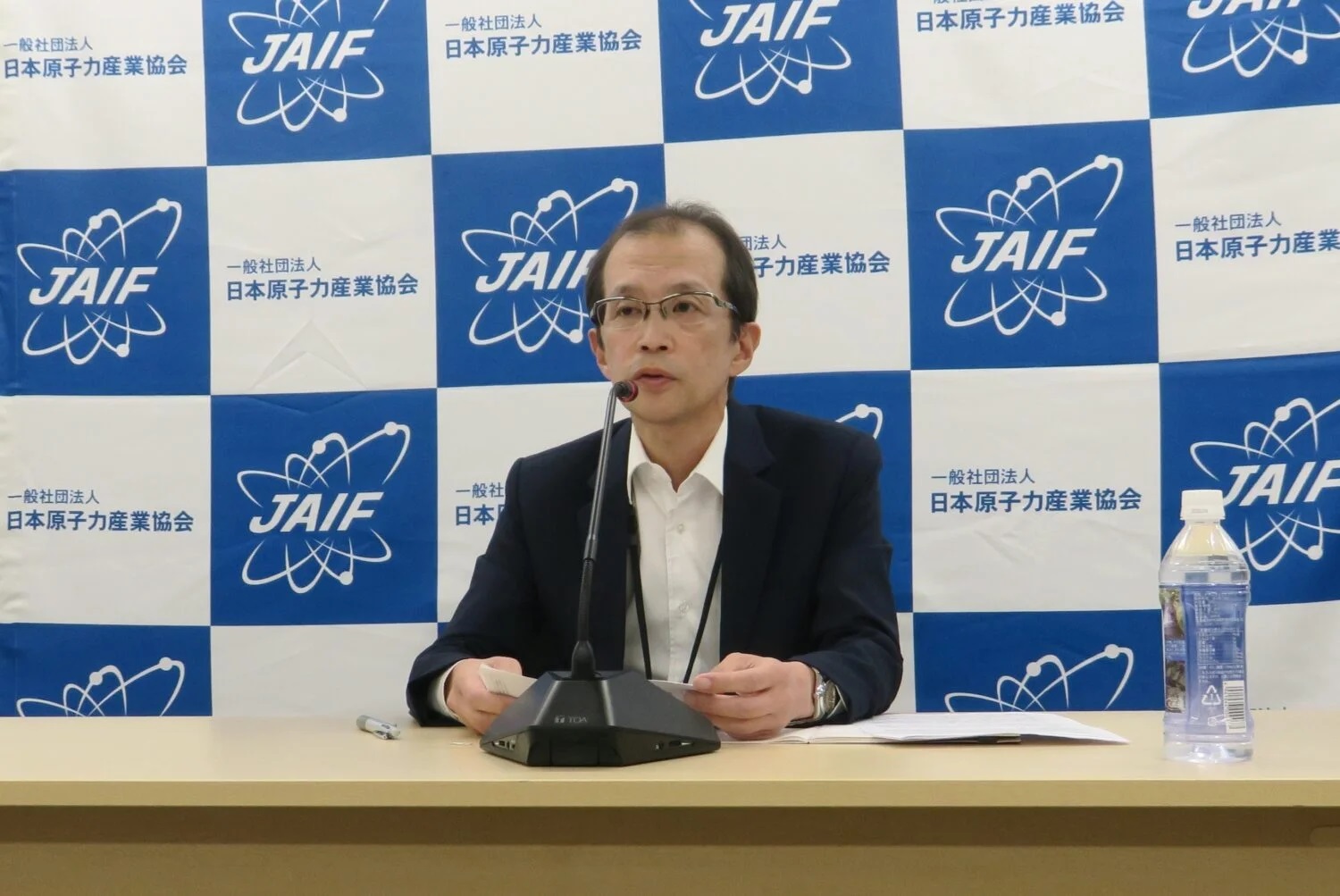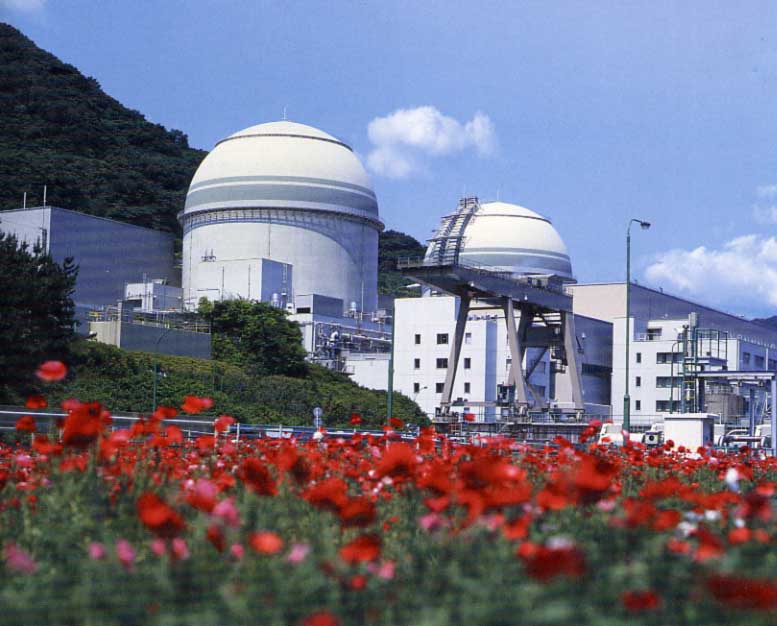NRA has now approved lifetime extensions for three PWRs: the Takahama-1 and -2 NPPs and the Mihama-3 NPP, all owned and operated by the Kansai Electric Power Co. (Kansai EP). The Tokai-2 NPP is the first BWR in Japan to have its lifetime extended.
As part of the NRA’s safety examination under the country’s new regulatory standards, approval of revisions to the operational safety program came twenty days before expiration of the forty-year operational limit for the Tokai-2 NPP.
All the legal requirements have now been met for restarting for Tokai-2, following the permission given in September 2018 to make changes to the reactor installation (i.e., the basic design approval), and the approval granted in October 2018 for the work plan (i.e., the detailed design approval). JAPC said that it would reflect the contents of those approvals in safety improvement measures, and strive to explain its activities to local communities thoroughly.
Prior to filing its application for a lifetime extension for Tokai-2, JAPC had carried out special inspections to confirm safety in regard to the age of the facility, along with a technical evaluation. The NRA confirmed through its examination that the company’s conclusions were appropriate.
The Tokai-2 NPP, automatically shut down in the wake of the massive earthquake on March 11, 2011, has already been out of operation for seven and a half years. At a press conference held on November 7, NRA Chairman Toyoshi Fuketa, asked about the plant’s restart, said, “People accumulate experience and develop intuition about the equipment and facilities that they operate. After a hiatus of seven years, however, many workers at the [Tokai] site will be new.”
In that way, he showed his concern for the human effects of the long suspension of operation, along with the importance of proceeding carefully and deliberately.


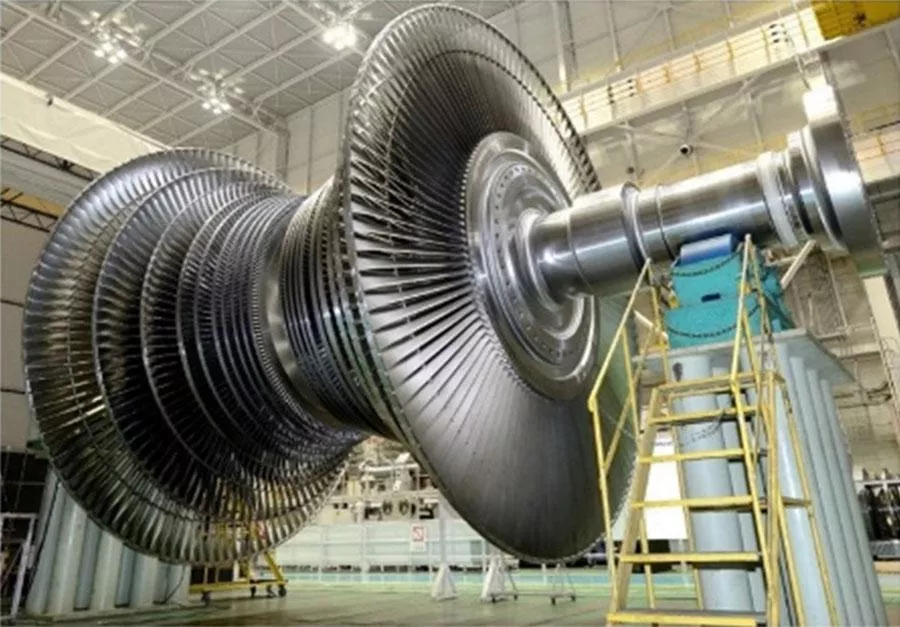
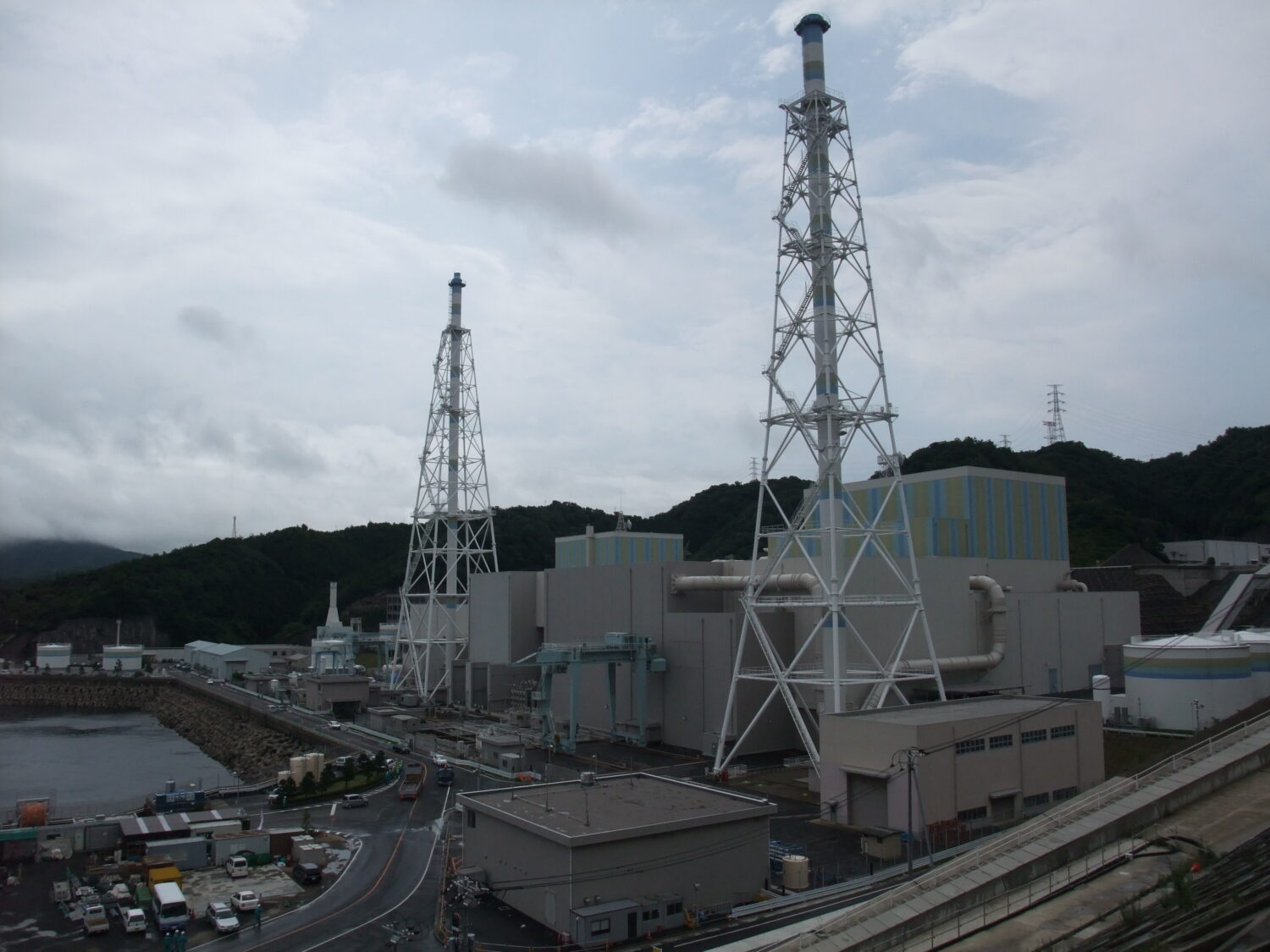
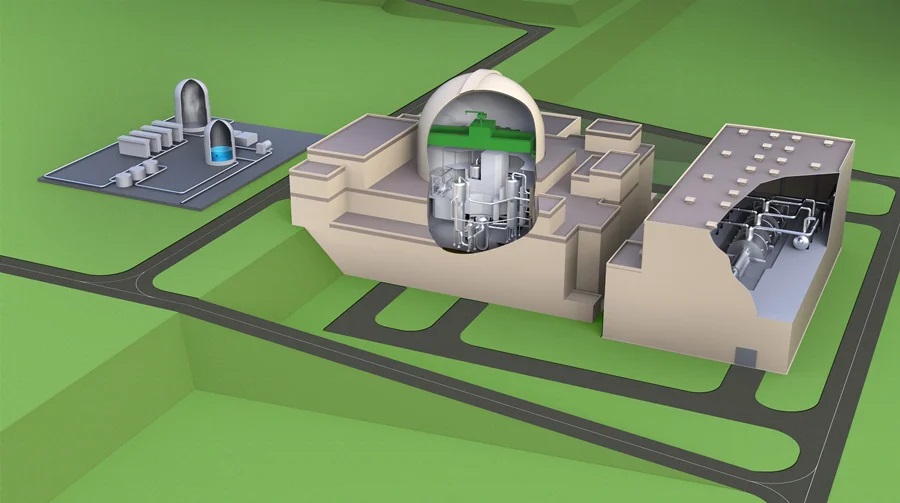
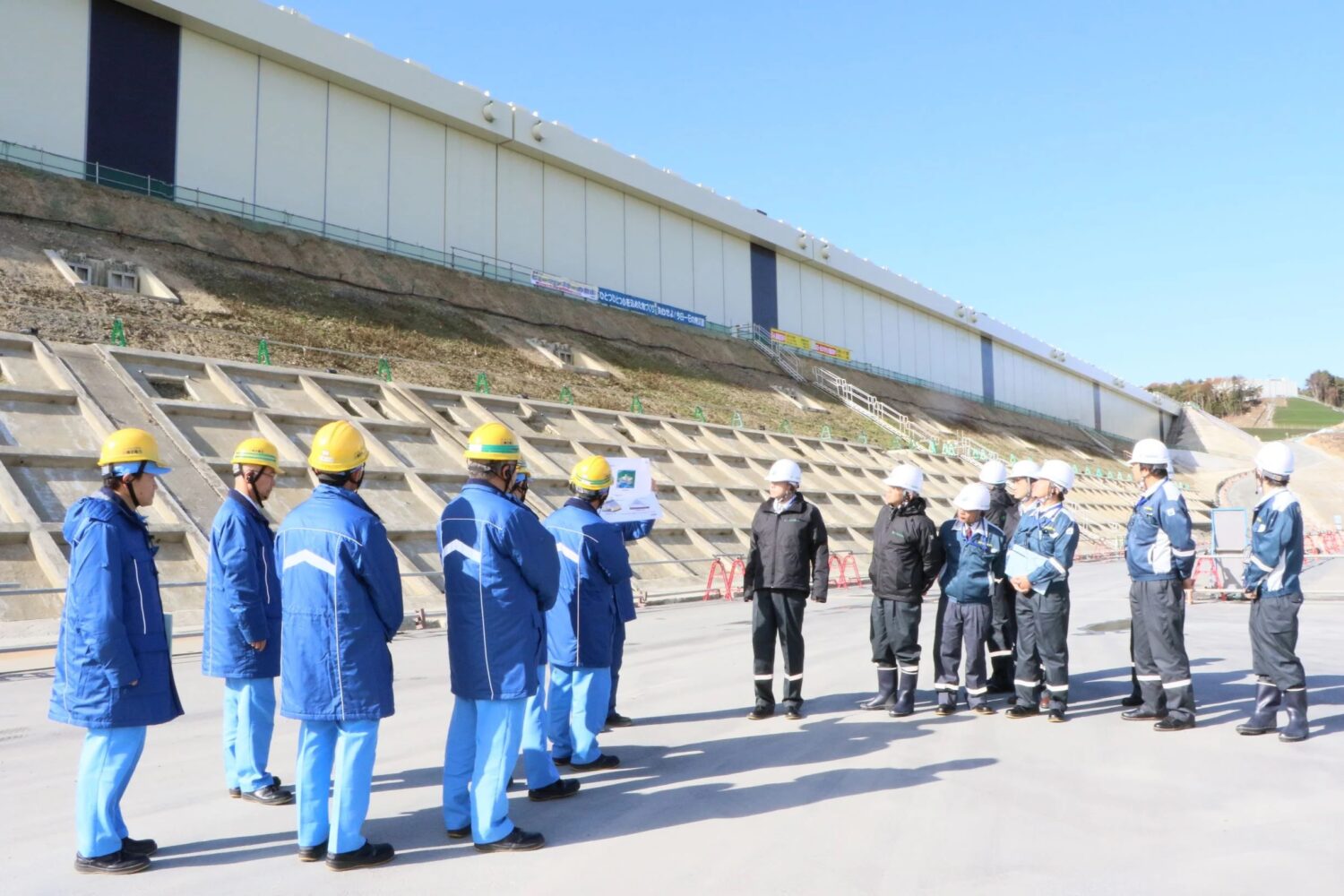
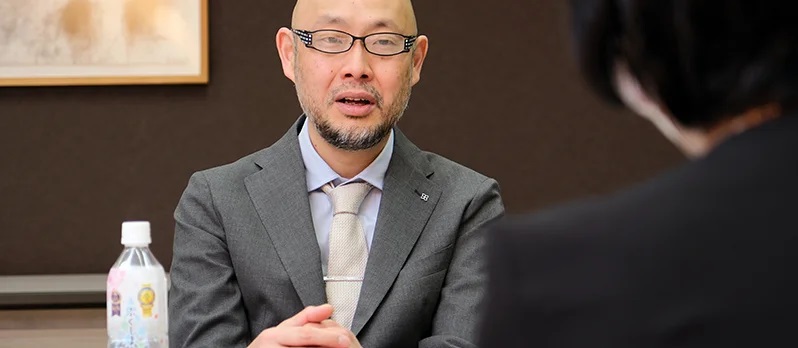
-1.png)

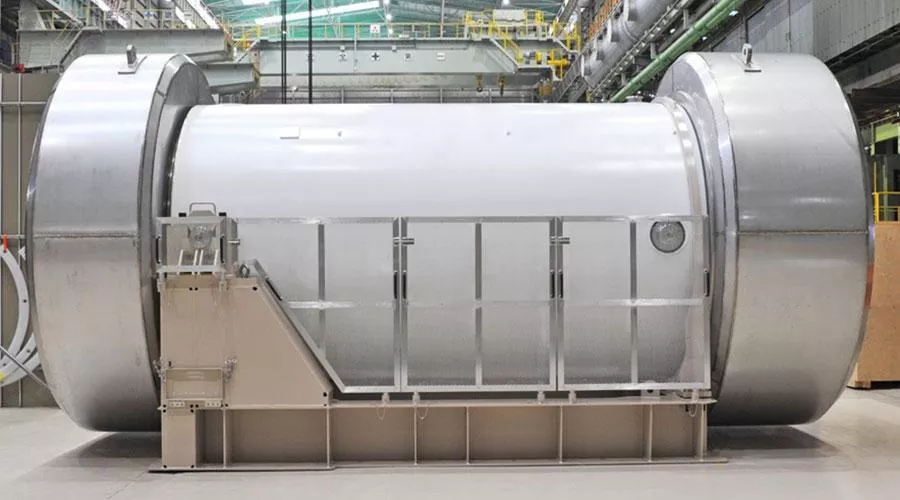


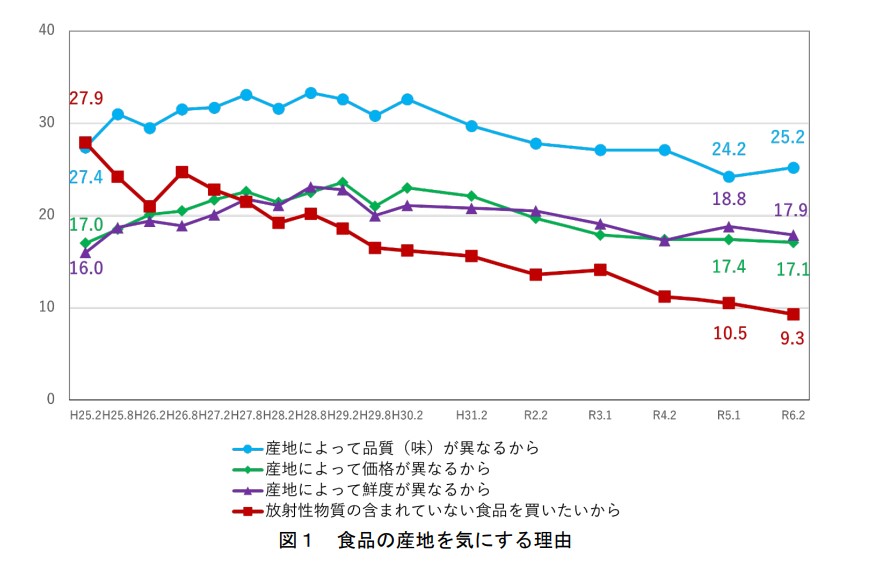
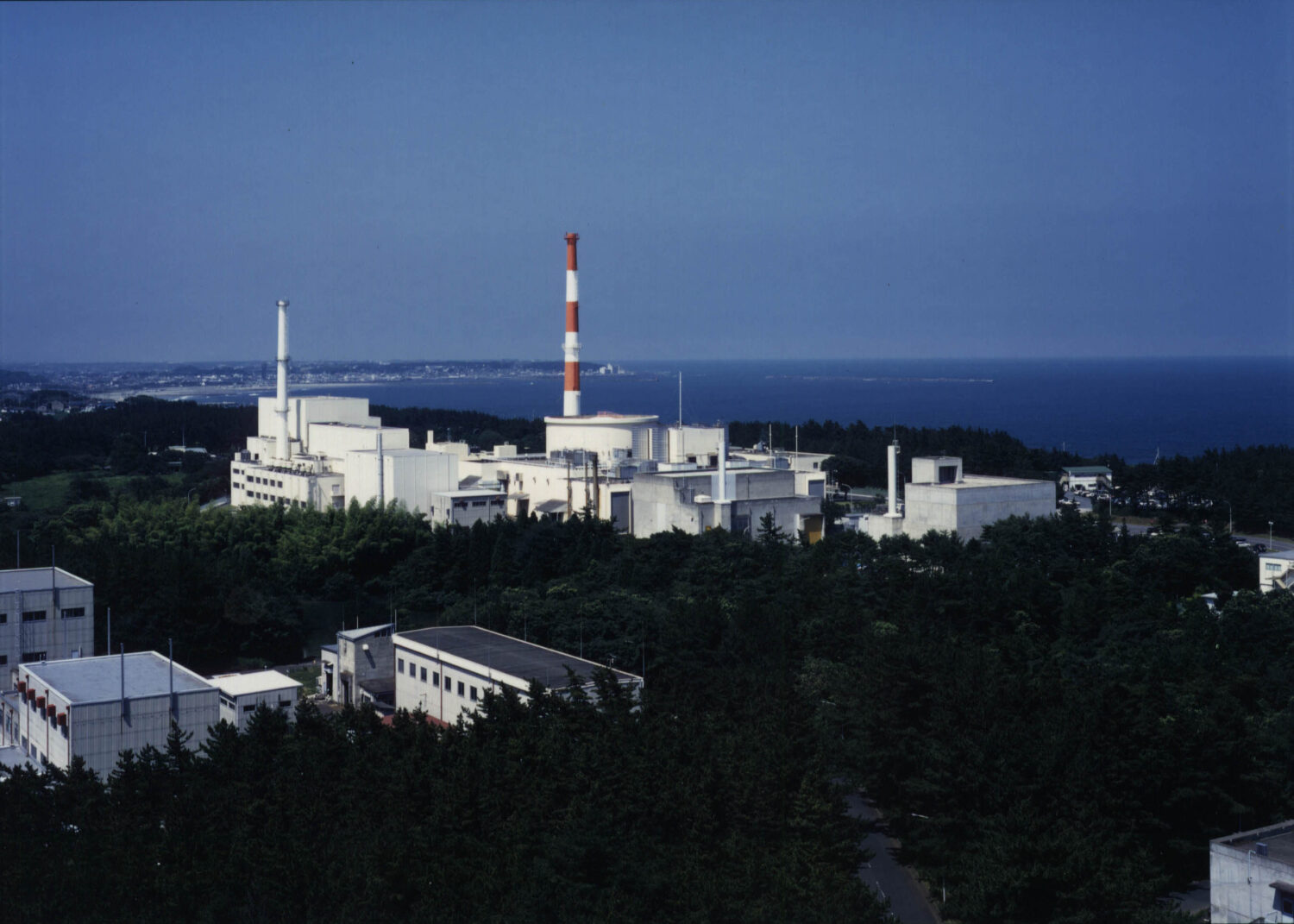
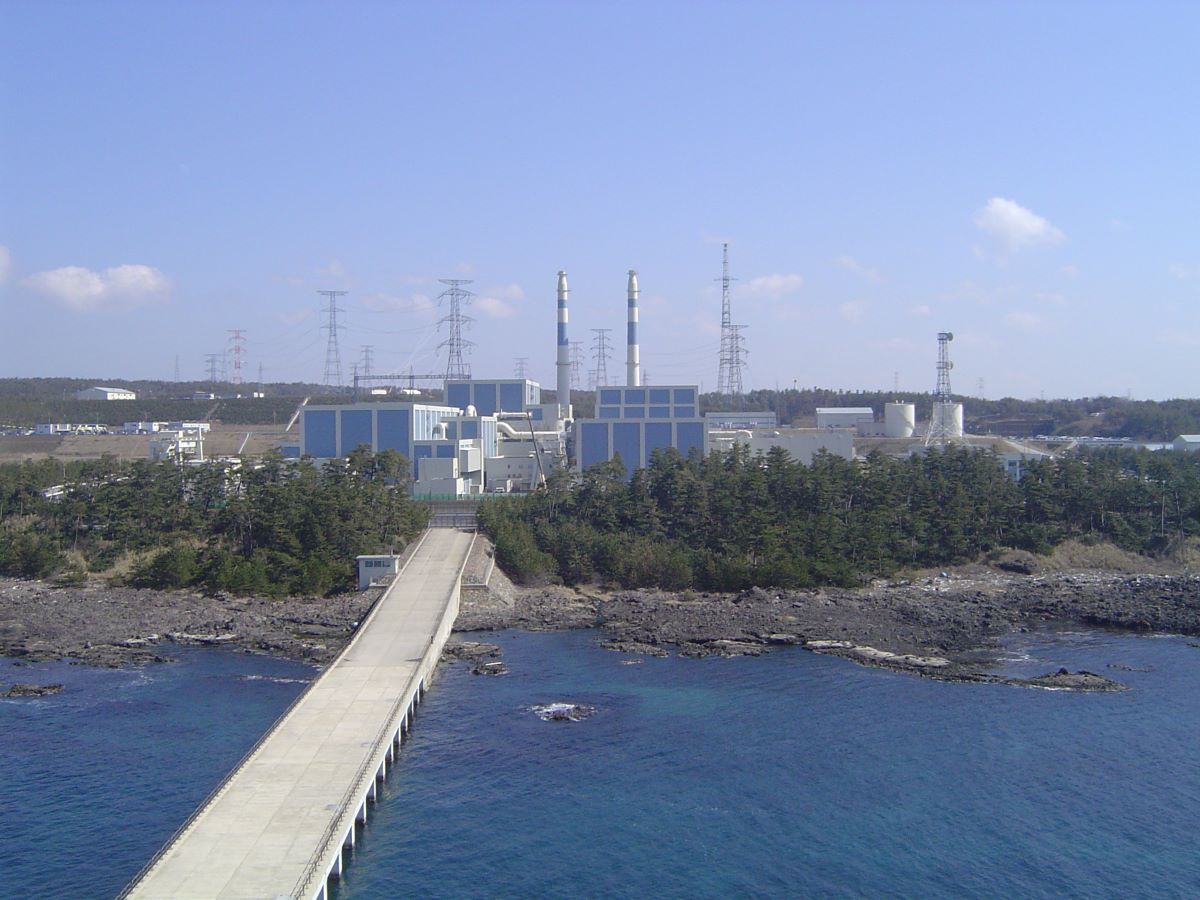
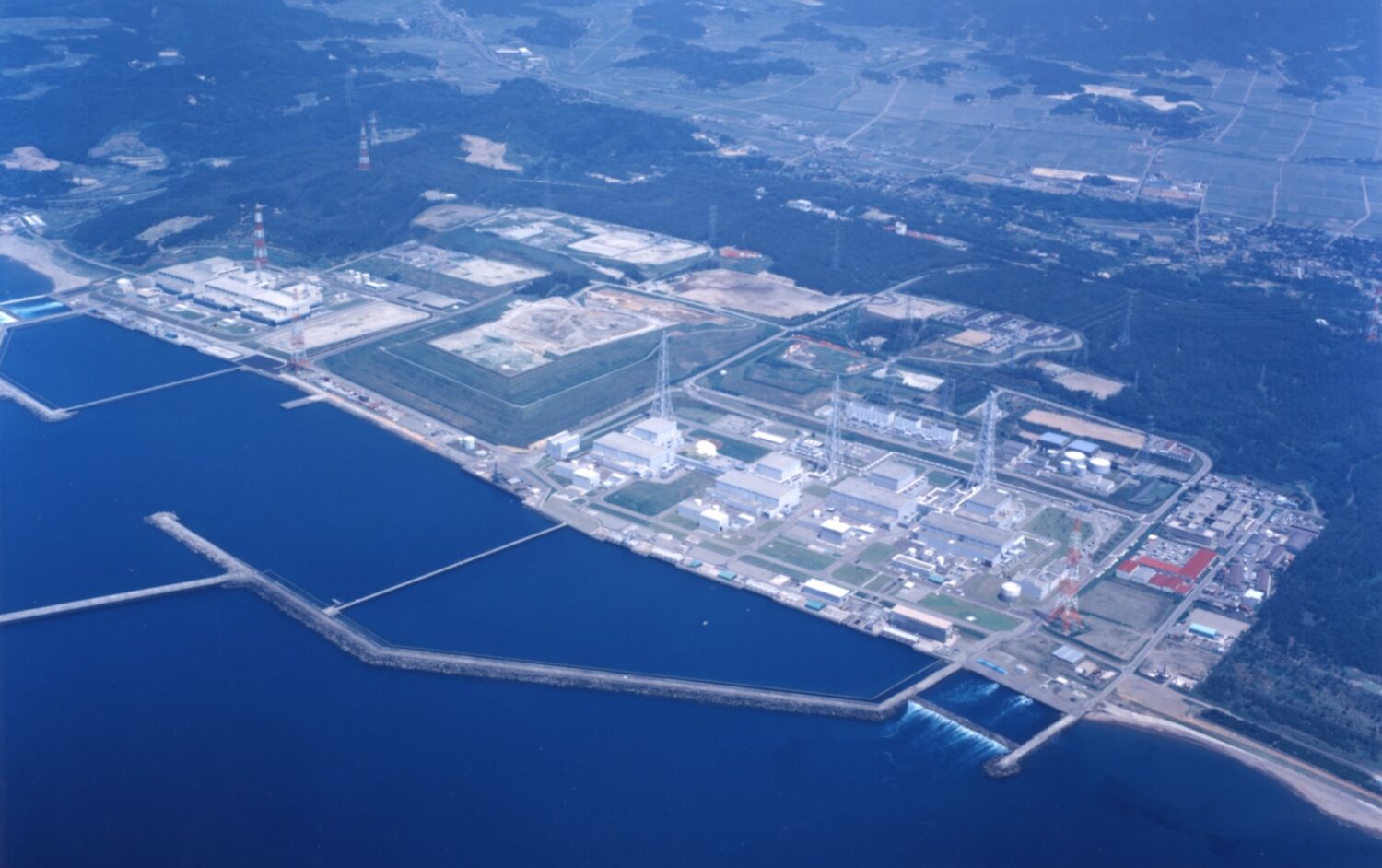
.jpg)

